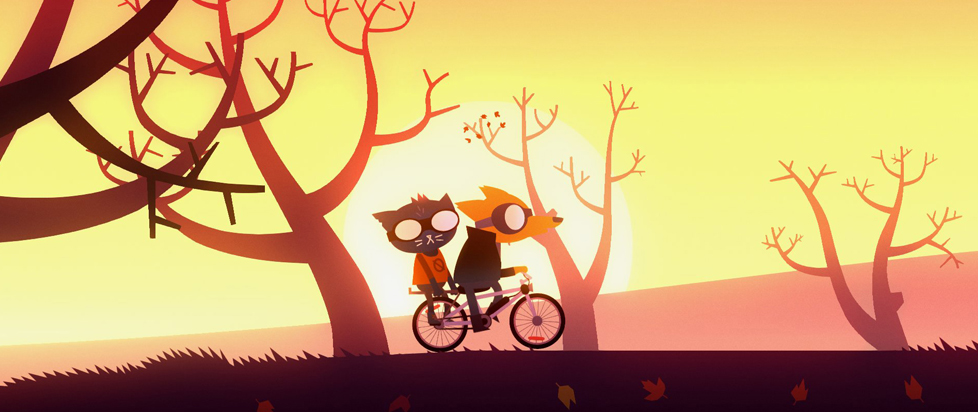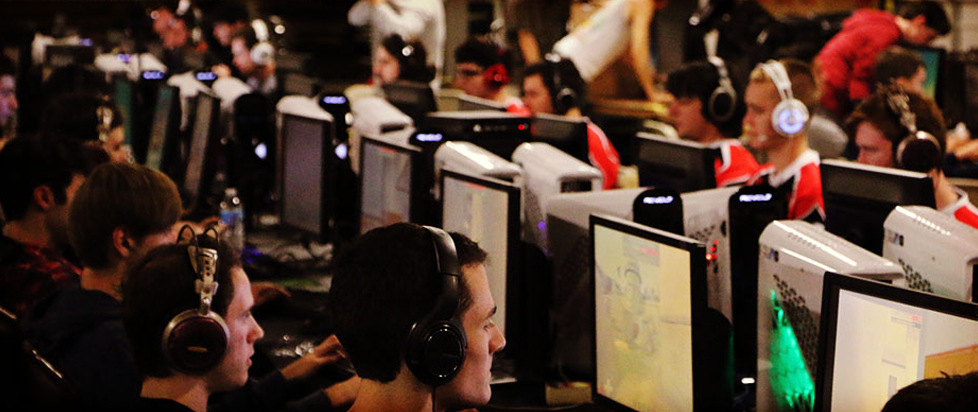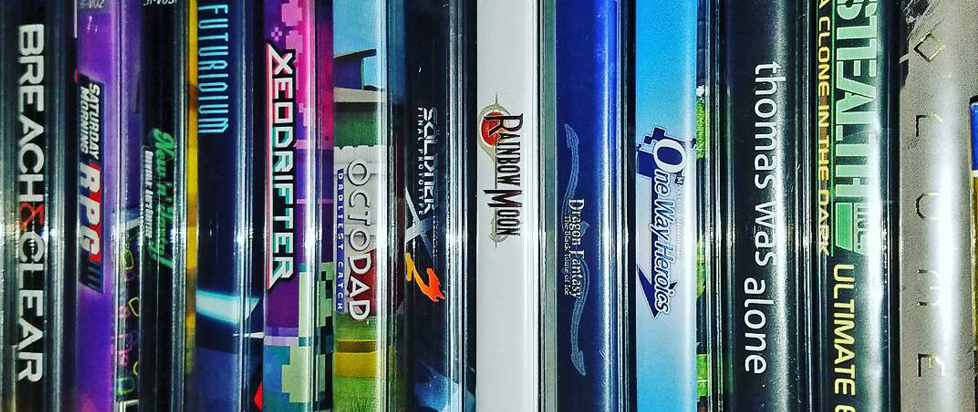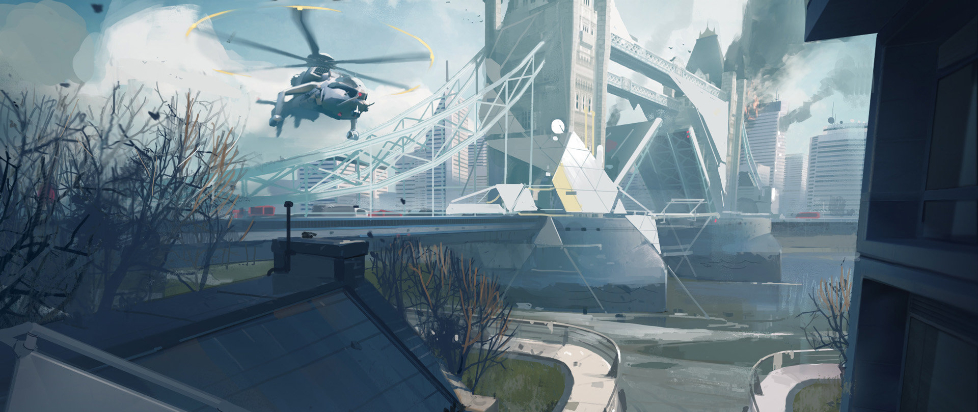
Lifelong Friends are Made in Dead and Dying Games
This is an excerpt from a feature story from Unwinnable Monthly #160. If you like what you see, grab the magazine for less than ten dollars, or subscribe and get all future magazines for half price.
———
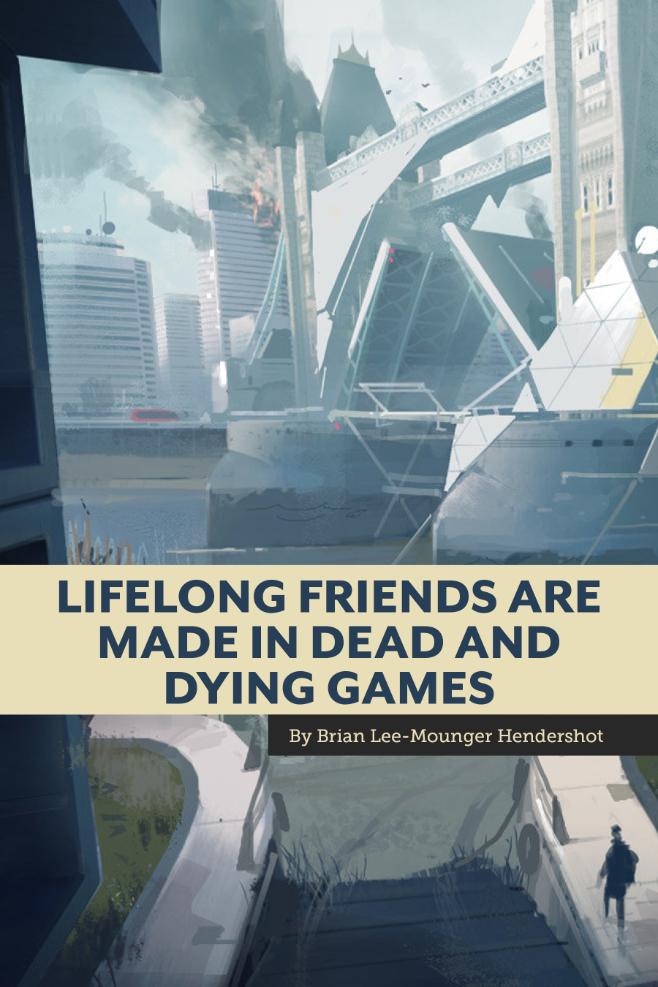
Dead videogames are like catnip for the terminally online like myself. Even a slight dip in a game’s player count is enough to generate countless hours of hasty YouTube punditry, breathless news articles and misguided comparisons. Although these narratives are usually misguided, our terminal obsession with player counts touches on something that is somehow both overlooked and over-commodified.
Games die all the time, often by passing into cultural obscurity. Sometimes, developers and publishers choose to kill the game themselves by ending development and turning off servers. And just like a real death, the death of a game often feels capricious and unfair.
Although each death represents a tragic historical loss, the outcomes are not completely negative. Truly dead games – like the long-forgotten Dirty Bomb – create player-led communities that other games can only dream of. Developed by British developer Splash Damage, the objective-based game combines high-intensity gunfights with match-altering character abilities and parkour.
Dirty Bomb lasted far longer than many of the other free-to-play multiplayer games (think Loadout, Nosgoth, The Culling or Gigantic) that dominated the zeitgeist of the early 2010s. Most of these games, including Dirty Bomb, suffered from poor balance, lackluster monetization, rampant hacking and changing consumer tastes. And most of them are dead in the truest sense: They are no longer playable by any legal means.
Except for Dirty Bomb.

Past the Point of Profitability
Unlike other developers, Splash Damage kept its servers up after ending development for the game in 2018. They even worked with a server host to provide rentable servers, which is where the last few hundred remaining players can be found. For the game’s oldest players, the last five years have been bittersweet. Dirty Bomb barely broke 10,000 peak players, but what the community lacked in size, it made up for with passion and kinship.
Denis Kruljac was a prominent competitive player and rents one of the last remaining Dirty Bomb servers, which is usually empty. Like many longtime players, Kruljac met one of his closest friends through the game: Hannah Lehnen. The two friends used to stream Dirty Bomb to a small, but dedicated group of viewers.
“In [the] best cases, 20, 30 people [were] watching either of us,” Kruljac said. “And it was the 20, 30 people you cared about . . . I don’t want to have 1,000 people watching. I just want these 20 or 30 people and [to] chat with them. And you really made a community within a community. That was really, really nice. It was super perfect.”
Playing Dirty Bomb today is a different experience for Kruljac and Lehnen. It’s like going back to a favorite pub or coffee shop, except the owners have changed, the food isn’t half as good as you remember it, most of your friends have moved on and, to make matters worse, some lout is sitting in your favorite chair. They can keep coming back, but it will never be the same.
“It was my first fast-paced shooter game that I ever played . . . my first online shooter where I got to meet people,” Lehnen said. “I used to love the game . . . But eventually, it became a bit of a shitshow because of what [the devs] did or didn’t do to the game. It was a lot of frustration and now it’s just a case of ‘I hate it, but I love it at the same time.’”
For others, particularly those who discovered Dirty Bomb after development ended, its popularity is irrelevant. The lack of monetization and unique gameplay keep players coming back. More importantly, the game has become a “social experience” for players like AsMoD3uS, one of the last remaining Dirty Bomb content creators. AsMoD3uS has put 1,600 hours into the game, most of them in the past few years.
“I am definitely one of many that met someone – two friends to be precise, one of which is not only a friend but someone really special that I will remember to the end of my life,” AsMoD3uS said. “I can only be grateful to the existence of the game, because it was the only thing that allowed me to find my only real friend.”

A Place Where Everybody Knows Your Name
Experiences like AsMoD3uS’ are common in Dirty Bomb. Since the player base is so small, the odds of running into a familiar face are high. Tight-knit communities like these are some of the closest digital equivalents to what sociologist Ray Oldenburg calls “third places,” a space separate from work and home. Third places, like gyms, public libraries and parks, play an important role in community-building and democracy by fostering repeated interactions with strangers.
Some scholars argue that games are not effective third spaces. The reasons can vary, but they largely boil down to the characteristics of videogames. Third places lack tension and above all else, allow strangers to easily and routinely connect with one other.
This might be the case for games like Apex Legends, Dirty Bomb’s closest equivalent, whose popularity and matchmaking make it much harder to form friendships through repeated chance encounters. However, it is not the case for smaller games like Dirty Bomb, where repeated interactions with strangers are both inescapable and part of the game’s appeal. Somewhat paradoxically, the smaller a game’s player base becomes, the more likely it is to become a third space.
“When you spend some time playing with the same people you can start noticing what their playstyle is, their favorite mercs and if they are a more vocal/talkative person, then you can even make some idea of what kind of person they are, and their character is,” said AsMoD3uS. “Then you can get quite curious as [to] what they are up to and that’s how … [a] friendship can start in such a game.”
Making friends based on a common love of videogames is hardly a revolutionary insight. I myself share a deep love of videogames with my closest friends. What is less talked about is the impact that these friendships have outside games and their implications for an increasingly polarized and lonely world.
———
Brian Lee-Mounger Hendershot is a writer whose work focuses on art, politics and videogames – sometimes all at once. You can follow him on Twitter or LinkedIn.
You’ve been reading an excerpt from Unwinnable Monthly Issue 160.
To read the article in its entirety, please purchase the issue from the shop or sign up for a subscription to Unwinnable Monthly!

